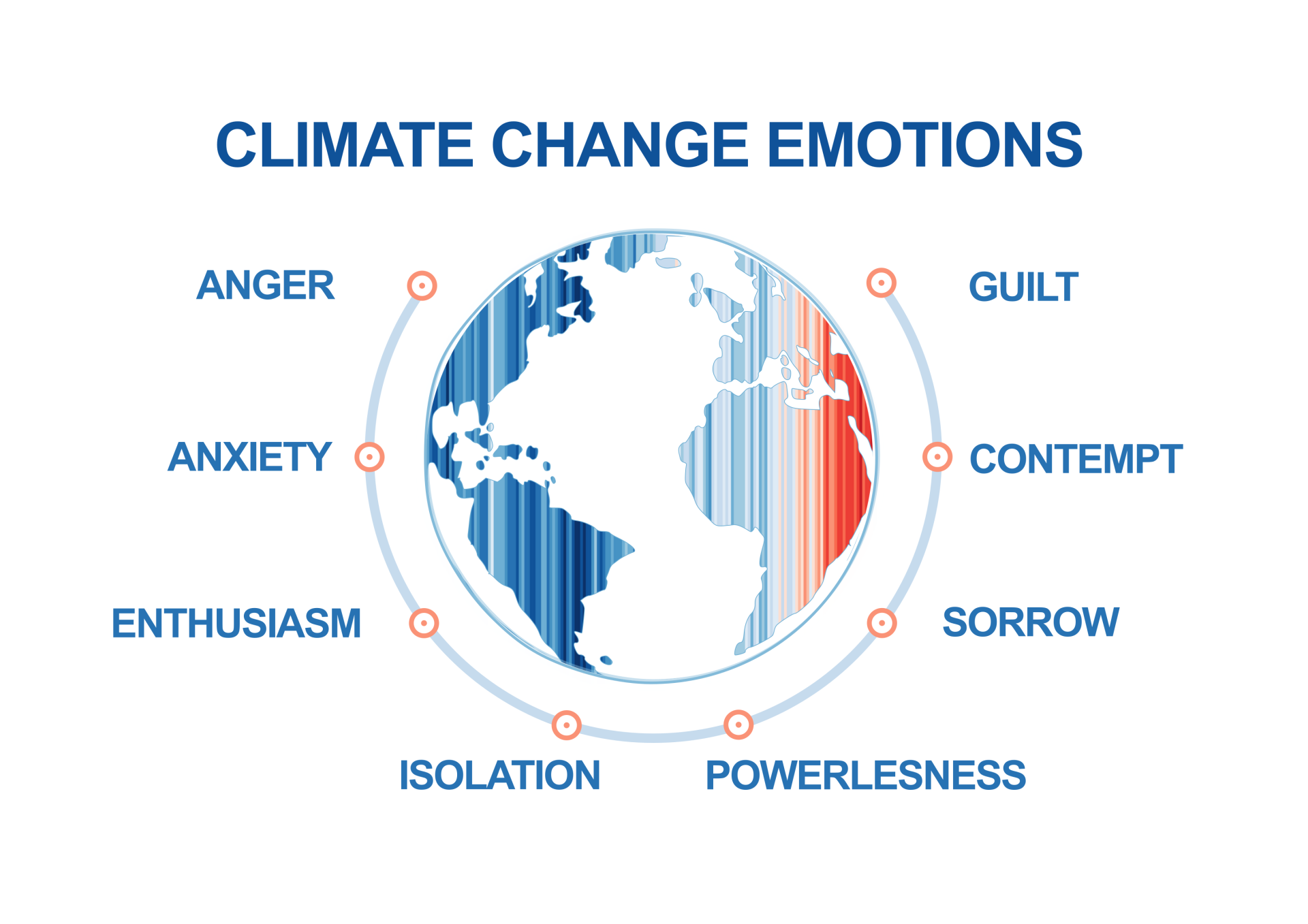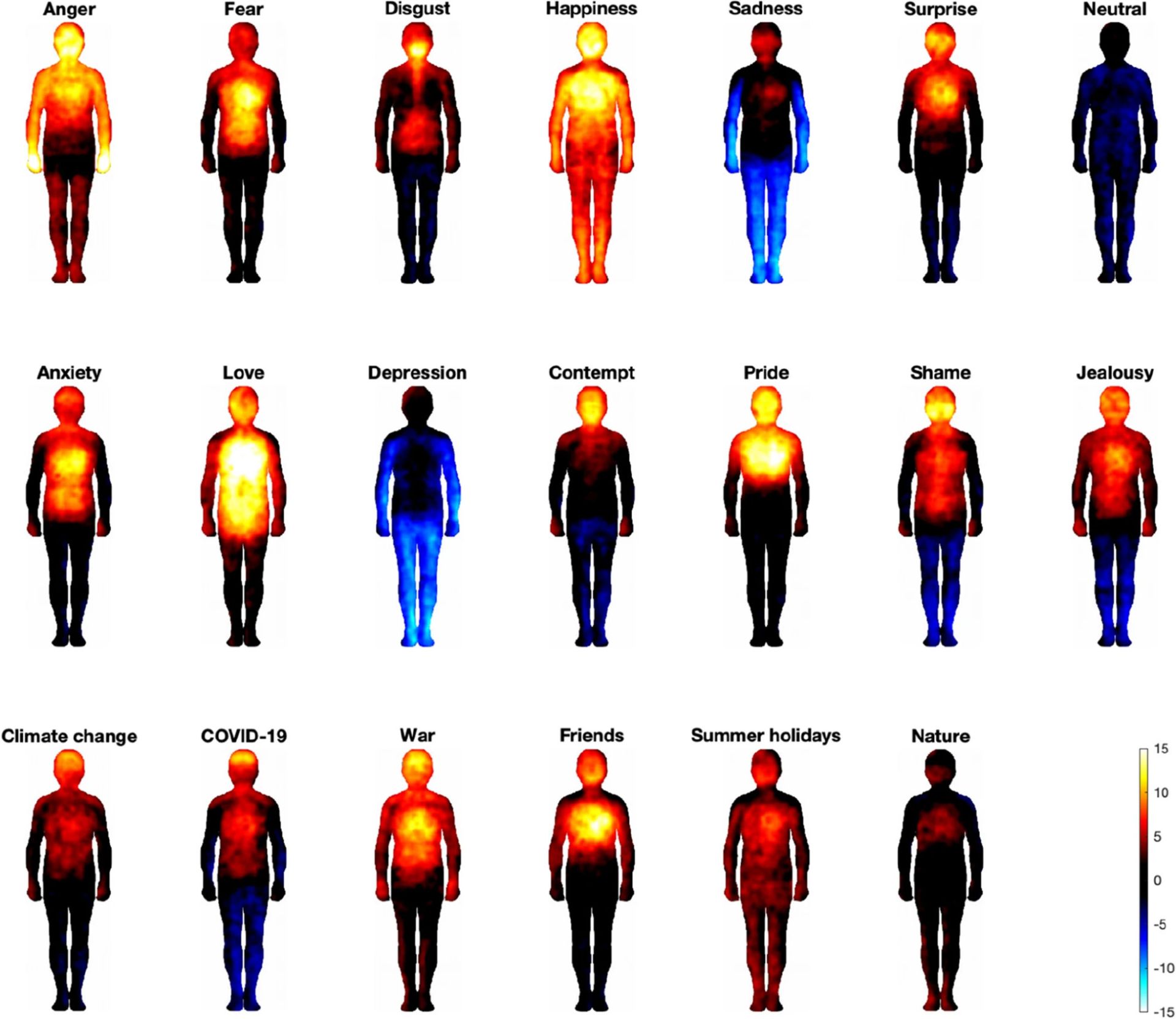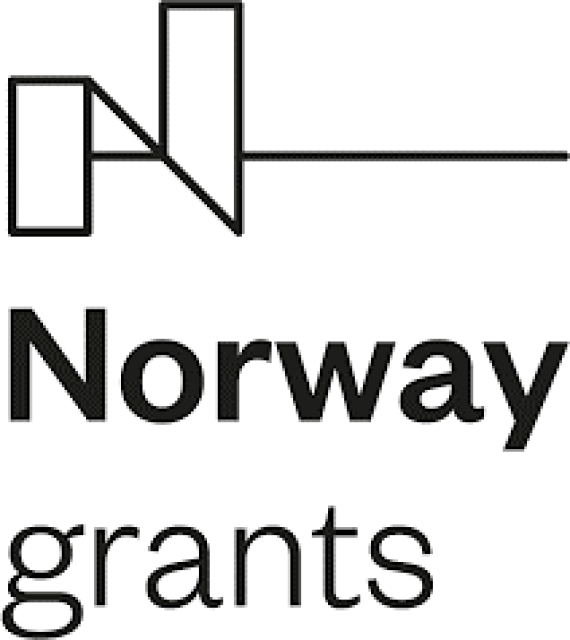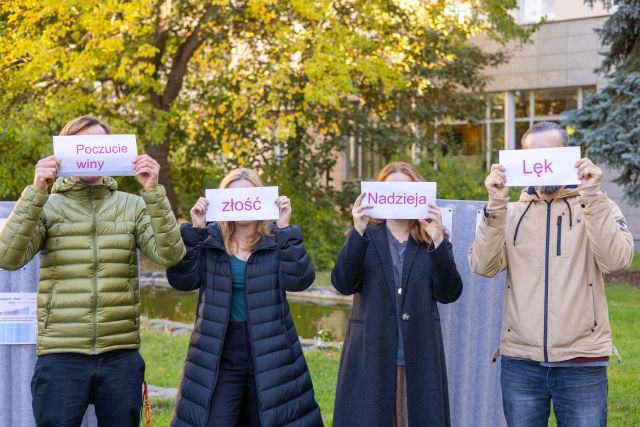Principal Investigator
:
Prof. Dr hab. Artur Marchewka
Nencki Institute of Experimental Biology PAS
Panel: HS6
Funding scheme
: GRIEG
announced on
17 June 2019
The global climate crisis is currently one of the greatest threats to humanity. In order to reduce the risk and effects of global warming, people must radically change their lifestyles. For many individuals, climate change is a source of strong emotions. At the same time, an increasing number of people worldwide are engaging in behaviours aimed at mitigating the negative impacts of climate change. However, we still know surprisingly little about how our emotions influence pro-environmental actions. The goal of the Climate Change Emotions project is to fill the gap in our knowledge of climate-related emotions and their impact on pro-environmental behaviours. To this end, we have employed many complementary research methods: interviews, questionnaires, behavioural experiments, brain function neuroimaging, and an innovative method of measuring embodied emotions. The research was conducted in Poland and Norway, two countries heavily reliant on fossil fuels, with different approaches to environmental protection. The initial studies included a series of in-depth interviews with individuals concerned about climate change (Marczak et al., 2023; Zaremba et al., 2022), on the basis of which we developed a questionnaire to measure climate emotions (Inventory of Climate Emotions, ICE) (Marczak et al., 2023). Our analyses showed that the emotional experience of climate change can be accurately and reliably described based on eight categories of emotions, such as anger, helplessness, enthusiasm, loneliness, guilt, sadness, contempt, and fear.
 Figure 1. Emotions identified in the development of the Inventory of Climate Emotions (ICE).
Subsequent studies were aimed at understanding the relationship between emotional reactions to climate change and pro-environmental actions. We conducted a series of experiments to determine how different climate-related narratives can influence pro-environmental behaviours. We developed a unique set of climate change stories (Emotional Climate Change Stories, ECCS) to study emotions related to climate change: anger, fear, compassion, guilt, and hope (Zaremba et al., 2023). The results of the study helped us identify the climate-related communication strategies that motivate climate-friendly behaviours in the most efficient manner. Additionally, as part of the project, we employed an innovative method enabling the mapping of embodied emotions (emBODY). In our study, we demonstrated that people could indicate where in their bodies they experienced emotional arousal related to climate change (Herman et al., 2022).
Figure 1. Emotions identified in the development of the Inventory of Climate Emotions (ICE).
Subsequent studies were aimed at understanding the relationship between emotional reactions to climate change and pro-environmental actions. We conducted a series of experiments to determine how different climate-related narratives can influence pro-environmental behaviours. We developed a unique set of climate change stories (Emotional Climate Change Stories, ECCS) to study emotions related to climate change: anger, fear, compassion, guilt, and hope (Zaremba et al., 2023). The results of the study helped us identify the climate-related communication strategies that motivate climate-friendly behaviours in the most efficient manner. Additionally, as part of the project, we employed an innovative method enabling the mapping of embodied emotions (emBODY). In our study, we demonstrated that people could indicate where in their bodies they experienced emotional arousal related to climate change (Herman et al., 2022).
In the final study, we used functional magnetic resonance imaging (fMRI) to a set of climate change stories in order to evoke emotions and examine how they translate into pro-environmental actions. Brain imaging methods enabled us to understand the neuronal mechanisms underlying human behaviours. The project is carried out by an interdisciplinary research team including experts in clinical and environmental psychology, as well as neuroscience. In summary, the project aims at developing a new framework to understand the emotional perception of climate change and its connection to mental health, and actions taken in order to address one of the most pressing issues of our time.
 Figure 2. Maps of bodily sensations associated with the climate change. Original figure from Herman et al., 2022.
Figure 2. Maps of bodily sensations associated with the climate change. Original figure from Herman et al., 2022.
More about the project can be found at climate-change-emotions.org

Project title: Understanding patterns of emotional responses to climate change and their relation to mental health and climate action taking
Prof. Dr hab. Artur Marchewka
His main research interests include affective neuroscience, brain plasticity, and non-invasive methods of neuroimaging of the structure and function of the human brain. He heads the Brain Imaging Laboratory at the Nencki Institute of Experimental Biology, Polish Academy of Sciences. He graduated from the Faculty of Psychology at the University of Warsaw. He earned his PhD in biological sciences (specialising in psychophysiology) at the Nencki Institute. He completed his postdoctoral training at the Centre Hospitalier Universitaire Vaudois in Lausanne, Switzerland. He has received, inter alia, a scholarship for outstanding early-stage researchers from the Minister of Science and Higher Education (2013-2015), and is a winner of the SCIEX Programme (2010-2011) and Mentoring Programme of the Polish Science Foundation (2014). For his research, he has been awarded the J. Konorski Award (2012, 2017), among others. He is a co-author of over 100 experimental papers in international research press/journals. His team has developed a set of affective visual stimuli (Nencki Affective Picture System) and verbal stimuli in Polish (Nencki Affective World List).


